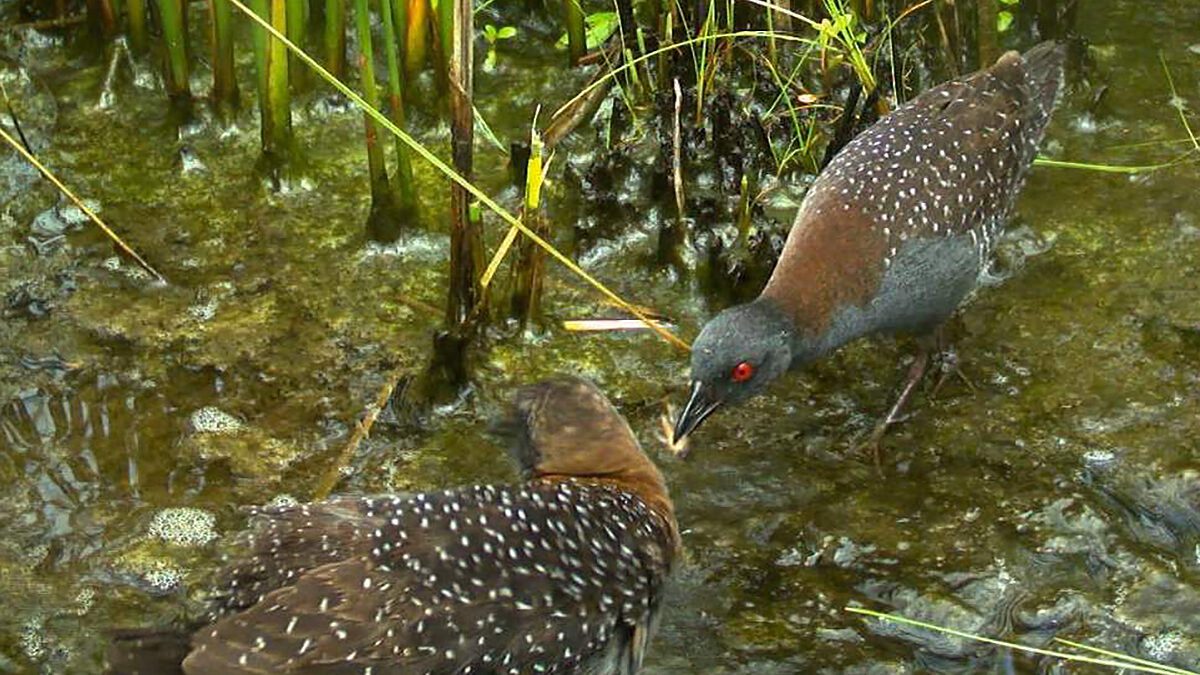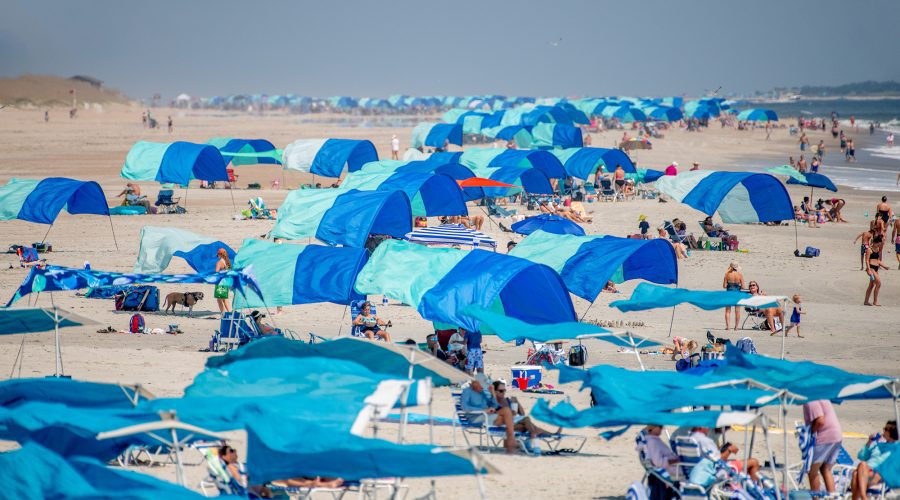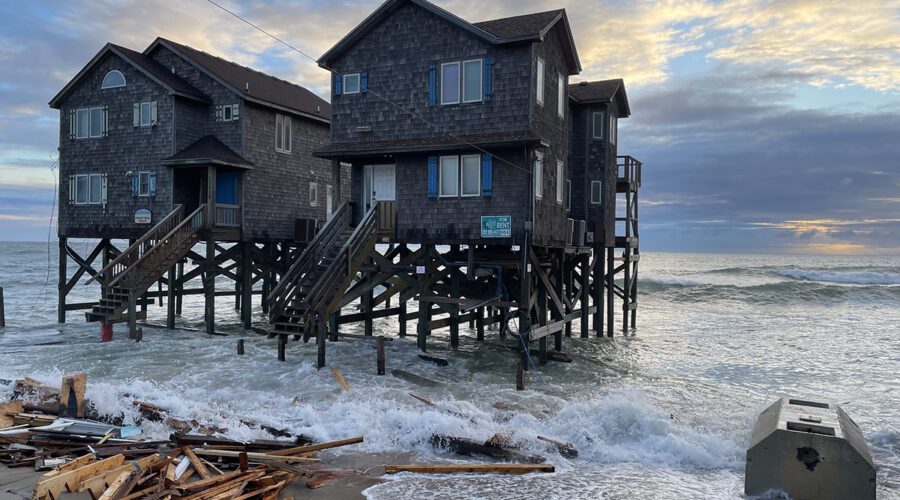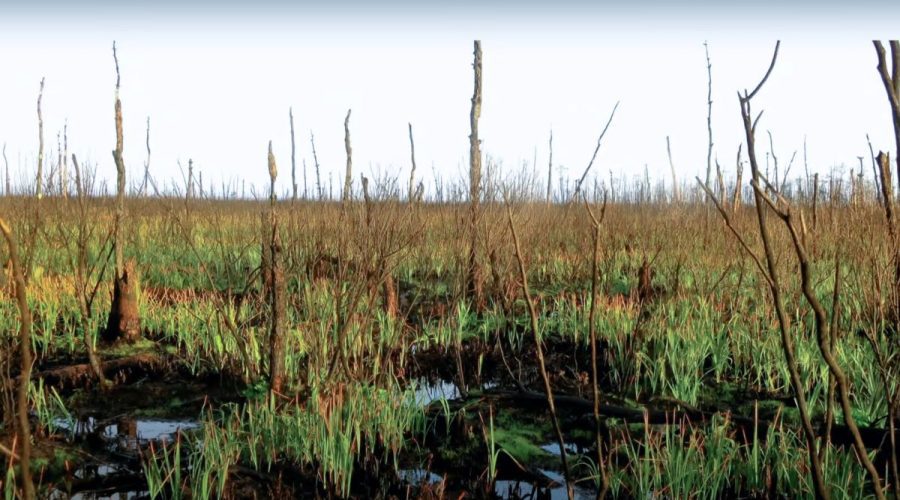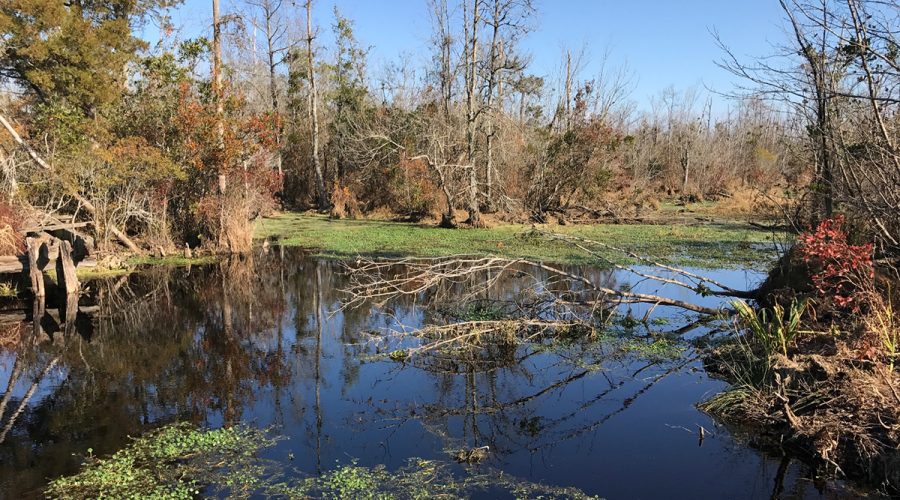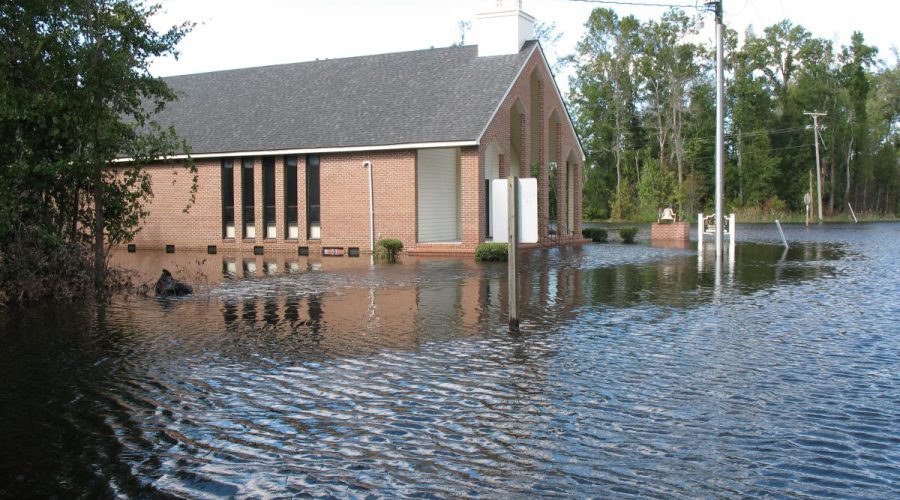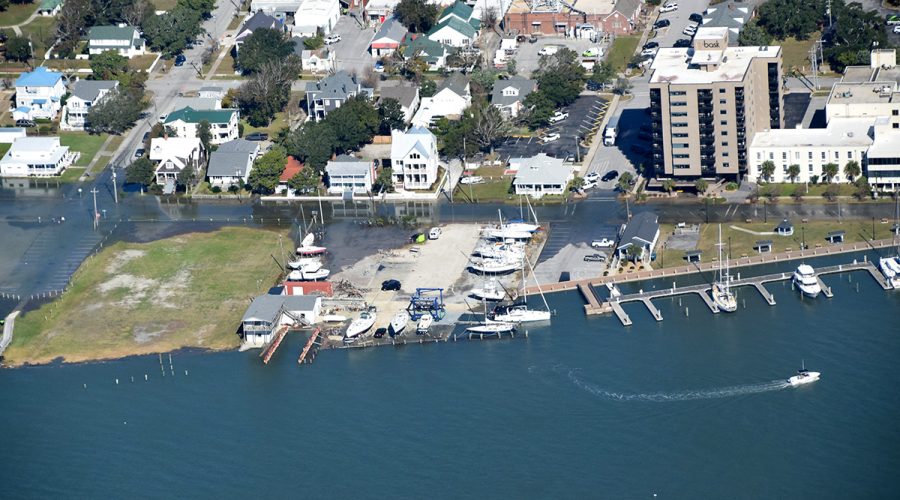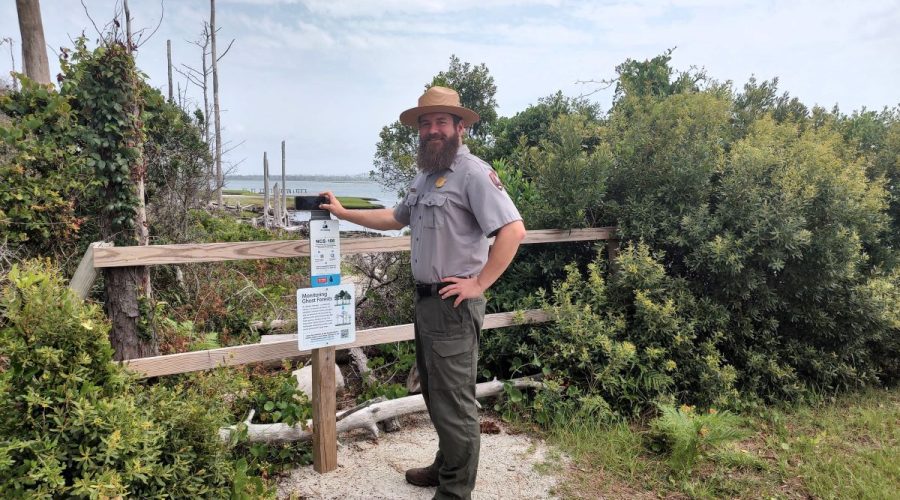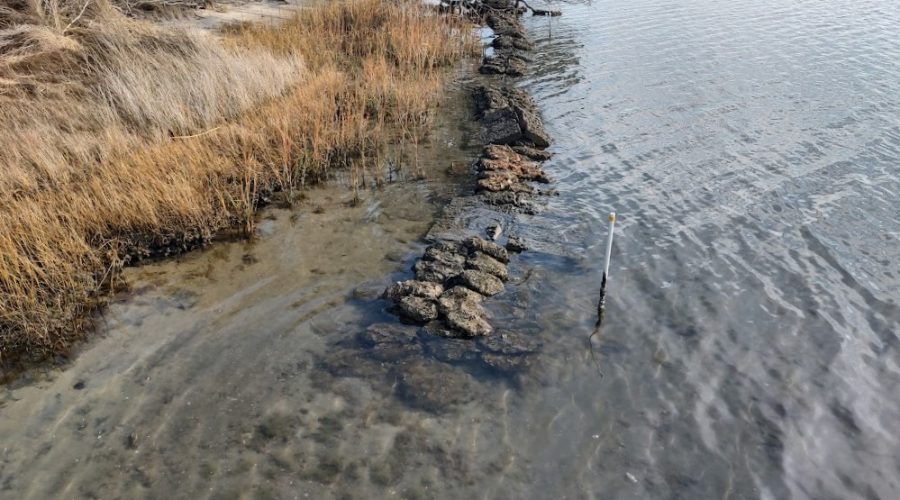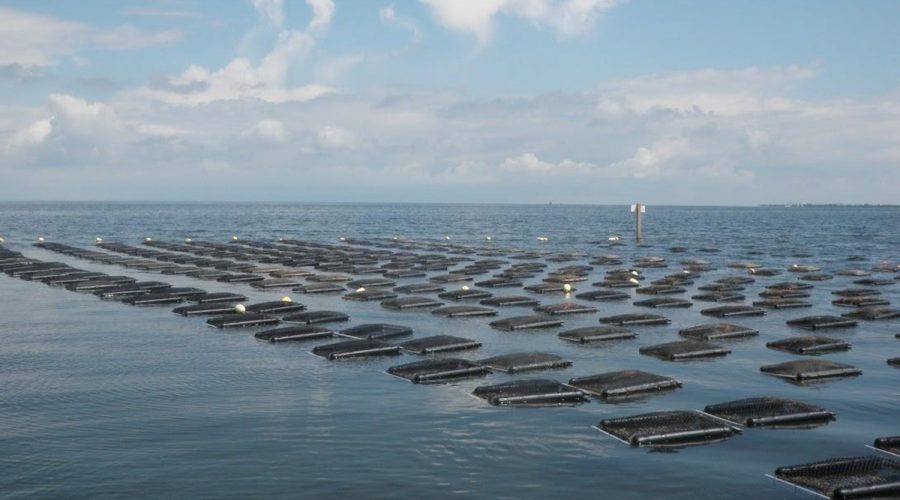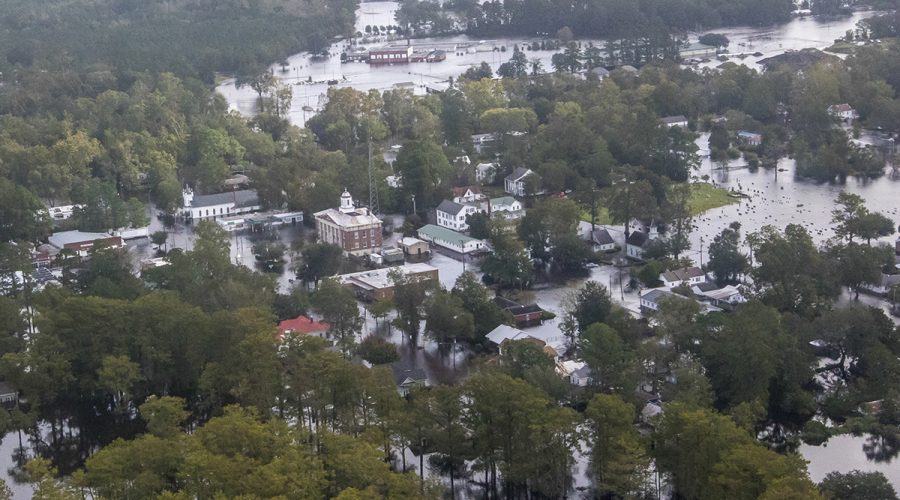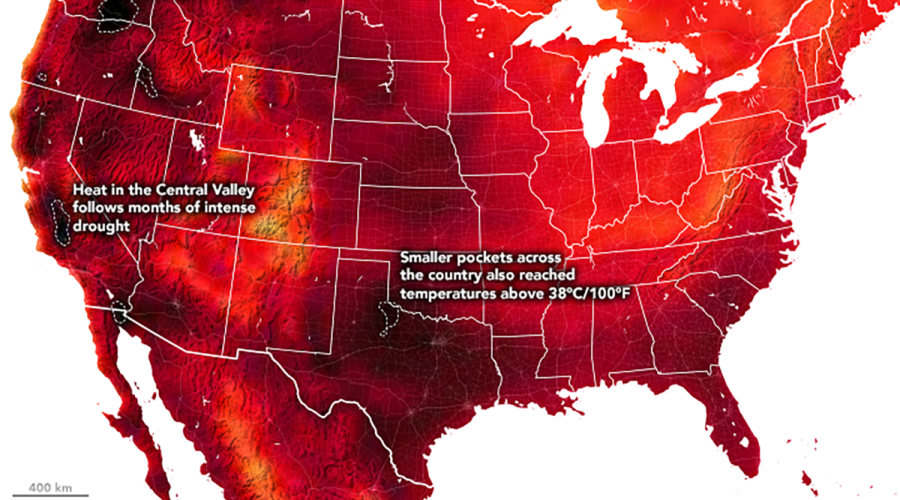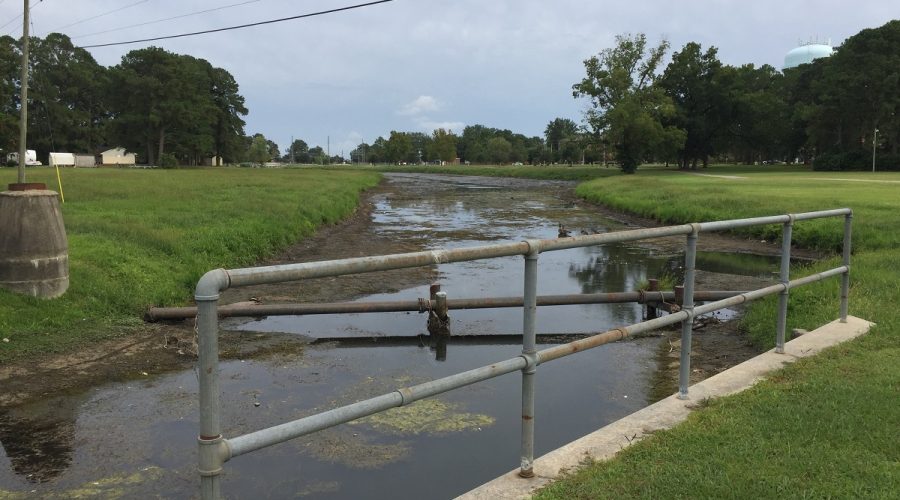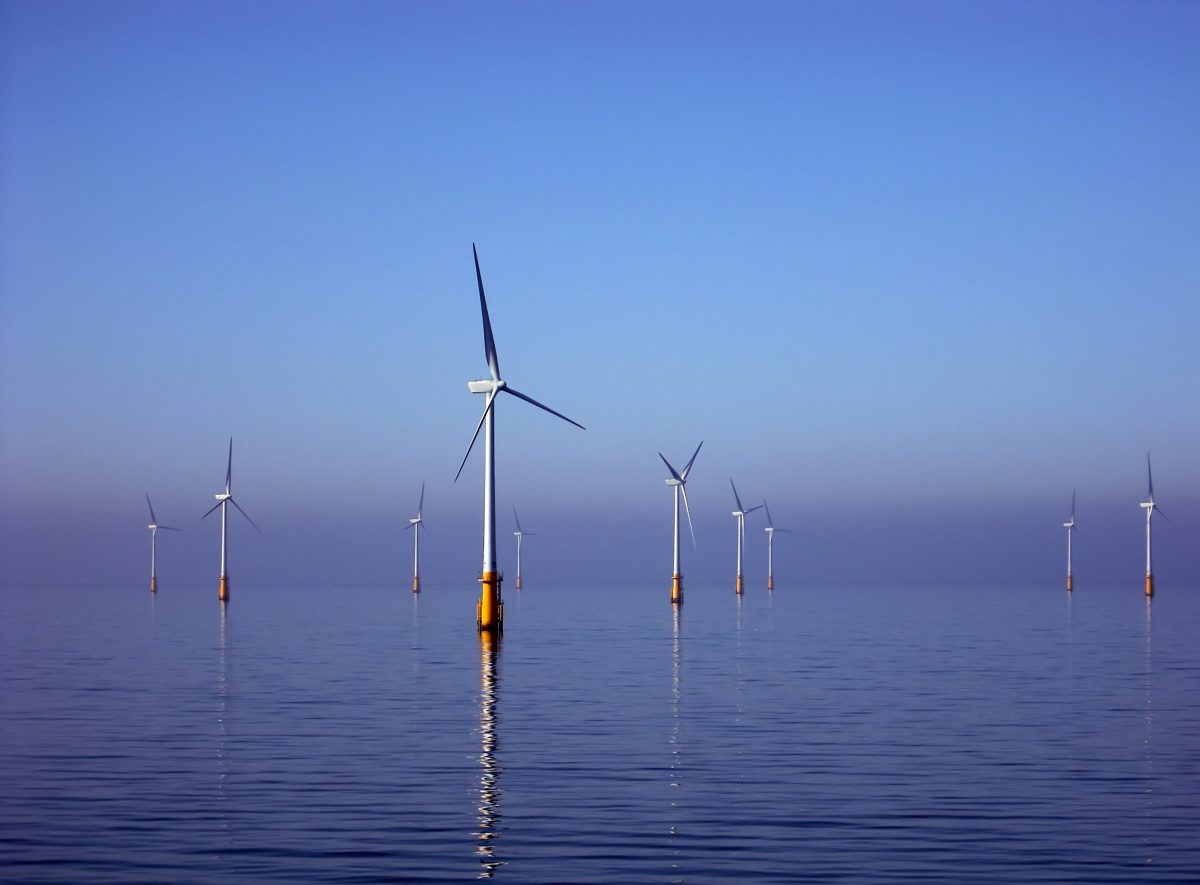A public comment period is open on a proposed management plan that seeks to rebuild the once-abundant birds’ numbers by permanently protecting coastal marshes and helping private landowners create habitat.
Climate Change
Researchers to develop heat policy, risk interactive map
Duke’s Heat Policy Innovation Hub has been awarded $500,000 to design a web-based tool that is to help inform heat policies, assess heat risks in rural and coastal communities, and facilitate collaboration.
Science panel applies 2022 sea level report projections to NC
The Coastal Resources Commission’s science panel has released its “North Carolina 2024 Sea Level Rise Science Update” that applies the findings of a 2022 federal-level sea level rise technical report to North Carolina.
Researcher tracks how species adapt to climate change
UNC’s Dr. Paul Taillie says that while there’s reason for concern about the environment, he does not share the anxiety others have, rather, “I tend to be very optimistic about things.”
EPA chief, governor visit Brunswick County to hail funding
Under a canopy of towering pines in the Green Swamp Preserve, Gov. Roy Cooper, Environmental Protection Agency Administrator Michael Regan and others touted grants to reduce carbon emissions and help communities become more resilient.
State’s climate plan adds carbon sequestration component
State environmental officials’ new, “different approach” to reducing greenhouse gas emissions puts the spotlight on the climate benefits natural and working lands conservation brings.
Scuppernong River study takes regional look at water woes
Officials say that because water knows no boundaries, a basin-wide approach was needed to better address water management challenges on both private and public lands.
NC, VA organizations combine efforts to monitor king tides
As the East Coast readies for fall king tides — the highest high and lowest low tides of the year — two organizations that track the related flooding are encouraging volunteers to submit observations via smartphone apps.
Oral histories hold key to recording environmental change
A rising junior at UNC Chapel Hill, Tara Hinton has spent her summer listening to oral histories and researching how Down East Carteret County residents are responding to changes in the environment.
Ghost forest education focal point of public science project
A public science project at Cape Lookout National Seashore is part of a bigger communication effort to have a conversation about what ghost forests represent.
Nature-based solutions get support from White House
Two authors of the White House resiliency report and EPA and NOAA officials went online last week to explain the strategies and how they’ll shape agency planning.
Tools, partnerships aim to help shellfish growers adapt
Climate change is affecting aquaculture, but state and federal agencies are developing new tools for farmers.
Researchers say get ready for more floods, contamination
Duke University environmental scientists urge communities to begin long-term planning for the increase in flooding and resulting pollution during extreme storms made worse by climate change.
High heat exposure overnight can cause health issues
Extreme heat exposure overnight for those who do not have access to or can’t afford air conditioning can lead to heat-related illness, climate experts say.
Coastal governments get $1.14 million for climate resilience
The funding supports work to help coastal communities mitigate and adapt to the increasingly intense natural hazards of a warming planet.
Offshore wind turbine impacts a trade-off, panelists say
Construction of wind turbines off the North Carolina coast could affect birds and marine life, and while scientists and others seek more information on the extent of those effects, those who spoke during a forum last week in Wilmington said climate change is likely a greater threat.

